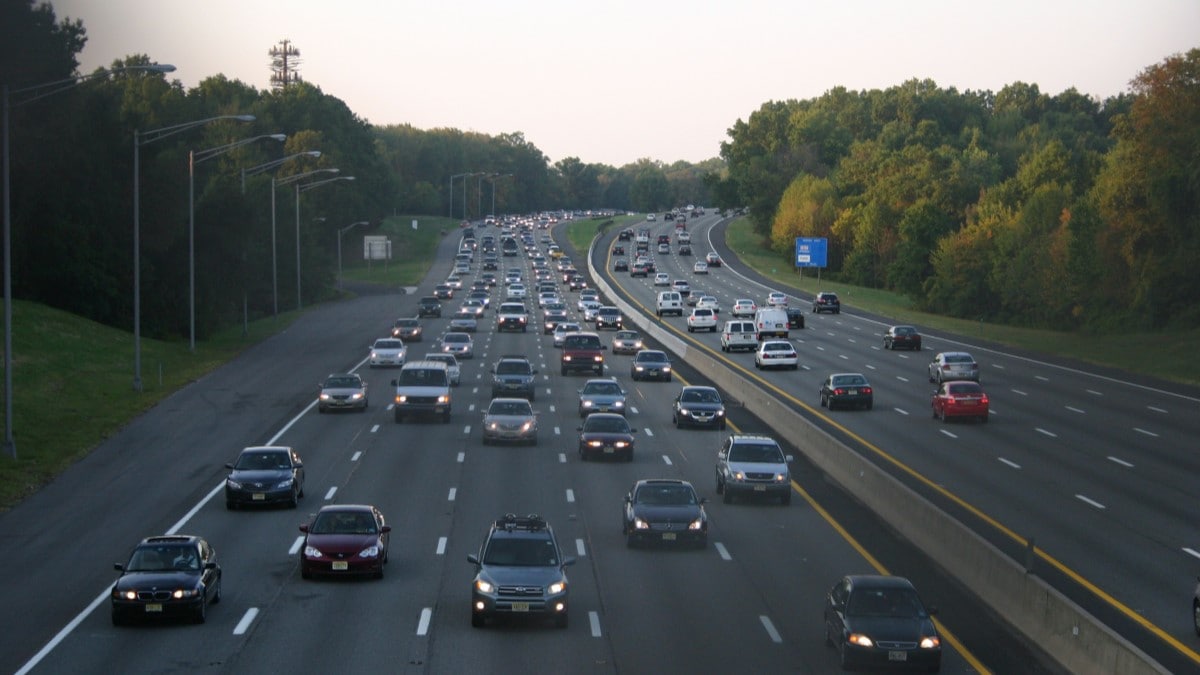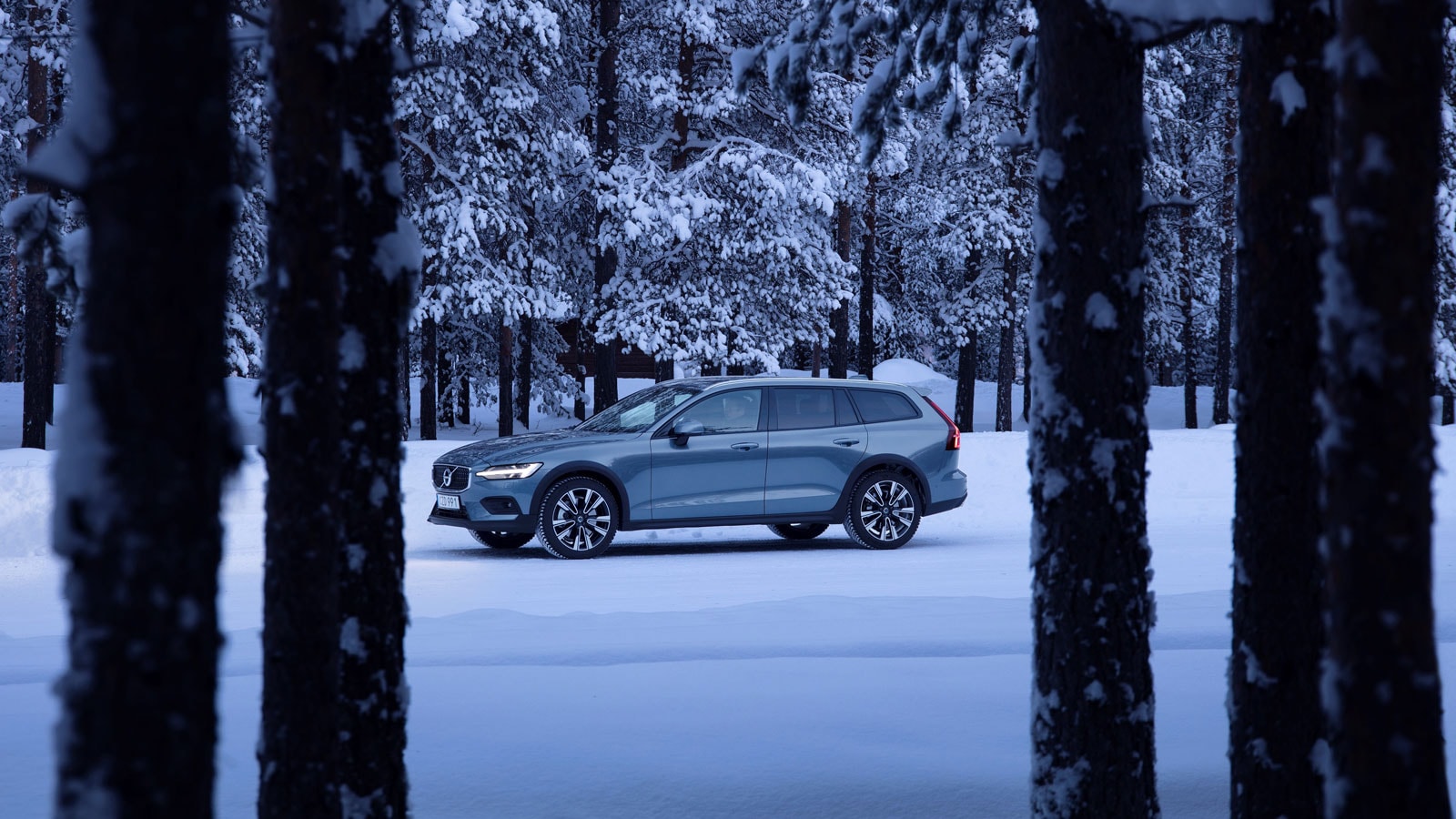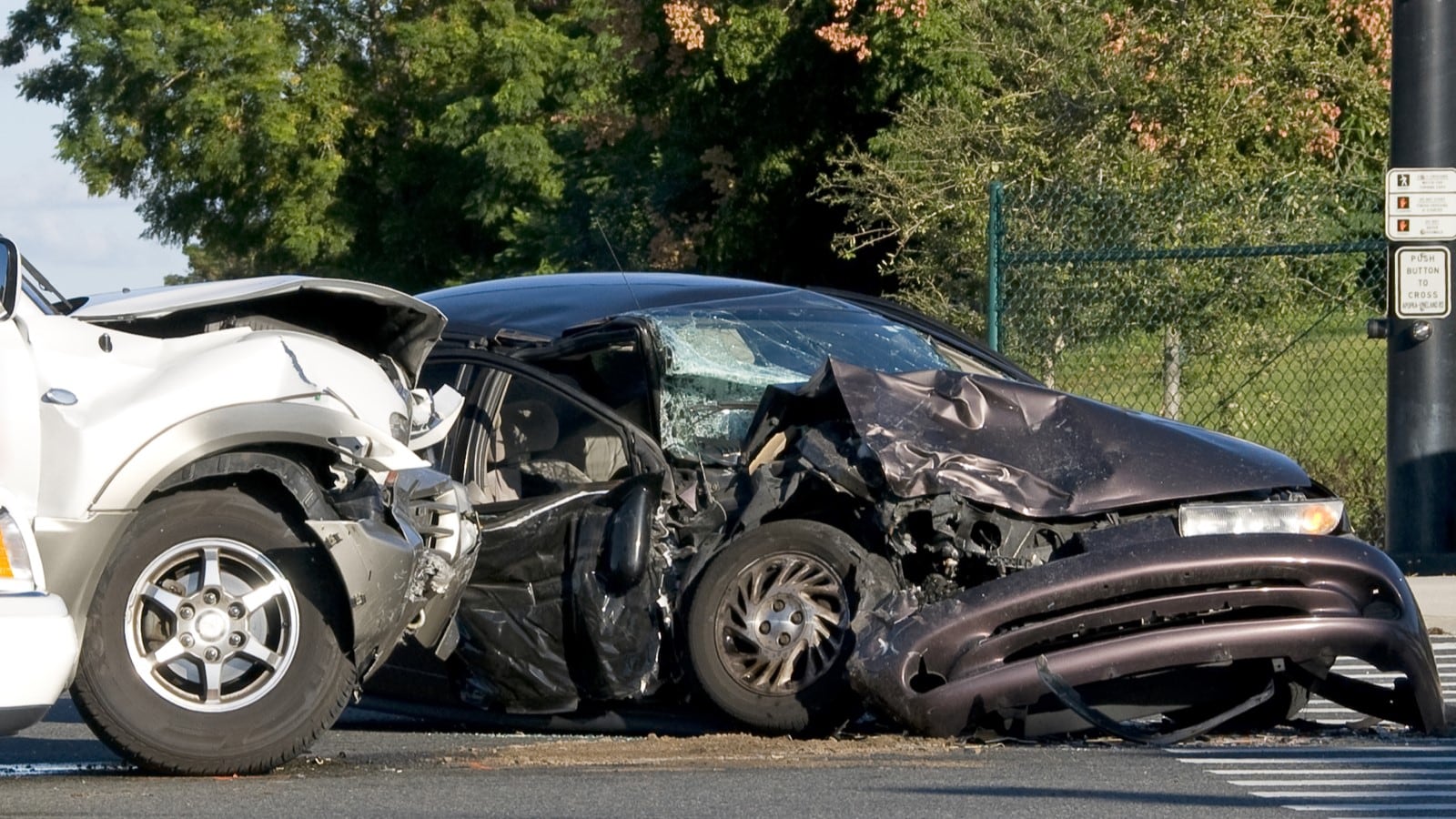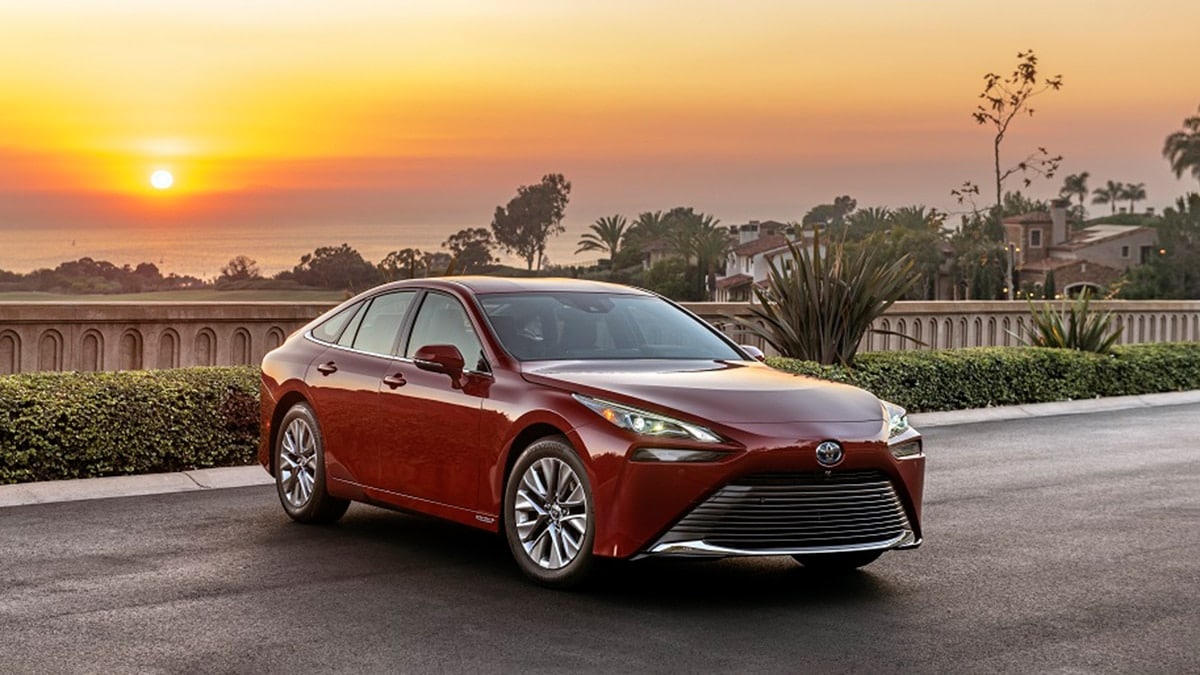Federal rules will require new cars to average 38 mpg by 2031, up from 29 mpg this year, under new rules announced Friday.
The rules are softer than initially proposed, mainly based on input from the auto industry. However, the National Highway Traffic Safety Administration (NHTSA) estimates they will “save consumers nearly $23 billion in fuel costs and avoid the consumption of about 70 billion gallons of gasoline (equivalent) through 2050.”
The Corporate Average Fuel Economy (CAFE) standards require that an automaker’s total fleet of vehicles average 50.4 mpg in model year 2031. However, hybrid, plug-in hybrid, and electric vehicle (EV) sales can offset the lower mpg figures of gas-powered cars, bringing the effective number down to 38.
Softened With Industry Input
Federal agencies publish proposed rules, then accept public comments, revise the rules, and publish a final version. Anyone can comment, but affected industries have armies of lawyers and advocates ready to do so.
The Biden administration has made a habit of publishing aggressive proposals and negotiating softer versions with help from automakers.
These rules work in concert with new tailpipe emissions standards passed in March. Both sets of regulations would require most automakers to sell a fleet of about 56% electric vehicles (EVs) by 2032.
SUVs, Trucks Get More Time
The Associated Press reports, “The final rule will increase fuel economy by 2% per year for model years 2027 to 2031 for passenger cars, while SUVs and other light trucks will increase by 2% per year for model years 2029 to 2031.”
Transportation Secretary Pete Buttigieg told reporters the new rules “will save car owners more than $600 in gasoline costs over the lifetime of their vehicle.”
EVs May Top 10% This Year, Hybrid Sales Surging
EV sales grew slowly in the first quarter of 2024 – a slowdown after several years of rapid sales growth. Traditional automakers like Ford and Hyundai have seen their EV sales grow, but market leader Tesla’s sales have fallen dramatically enough to almost offset their gains. Kelley Blue Book parent company Cox Automotive estimates EVs may top 10% of new car sales in 2024.
However, hybrid sales are accelerating faster, with hybrid registrations growing almost 50% in the first quarter. Several large automakers, including GM and Ford, have changed product plans, speeding the development of hybrid models to take advantage.
The rise of hybrids and EVs has some in the industry questioning whether CAFE standards should have an end date.
John Bozzella is president and CEO of the Alliance for Automotive Innovation, a trade group representing automakers that organized comments on the rules. He told the AP CAFE standards are “a relic of the 1970s” created when an oil embargo on the United States forced the government to “promote energy conservation and energy independence by making internal combustion vehicles more efficient. But those vehicles are already very efficient. And EVs don’t combust anything. They don’t even have a tailpipe.″




